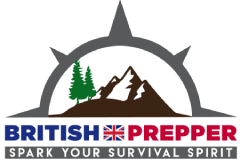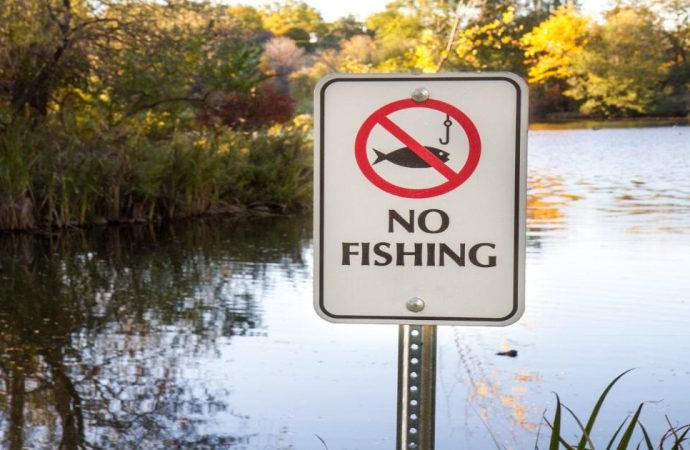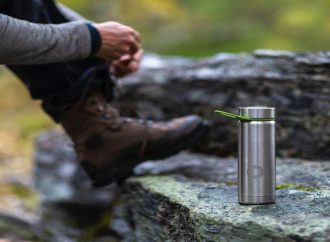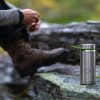Despite the blissful simplicity of the activity itself, getting the required permits and following all the required laws for fishing is anything but when considering fishing laws in UK waters. There’s a huge range of factors to consider, including the body of water you’re using, the types of fish you’re looking to catch, the equipment
Despite the blissful simplicity of the activity itself, getting the required permits and following all the required laws for fishing is anything but when considering fishing laws in UK waters.
There’s a huge range of factors to consider, including the body of water you’re using, the types of fish you’re looking to catch, the equipment being used, and the time of year you’re going.
What’s more, these factors can also be affected by local rules, too, rather than just national laws.
Despite being bogged down with lots of red tape, it is still fairly simple to begin fishing in the UK – and here’s a short breakdown of everything that’s worth remembering. In short, there are three types of water in the UK – the sea, and then water that’s either publicly or privately owned.
However, in SHTF situations everything will be fair game, you’re fishing to keep you and your family alive so put monetary fines out of your mind, if the worst truly has happened nobody will be too bothered where you dip your rod.
Publicly Owned
Although this is a much simpler issue, the fewer rules are more strict, because publicly owned waterways are managed by the Environmental Agency. Streams, rivers and waterways are all legally considered the same in the government’s eyes – so if you’re good to use one, then you’re good to use the others.
Seasons come into play here, and you can’t go fishing for coarse fish anywhere in England or Wales from March the 15th to June the 15th. There are also enclosed and open waters. Nobody will be patrolling waterways if WWIII is going on, so feel free to cast into any public water but make sure it’s not contaminated.
Enclosed waters includes ponds, lakes, reservoirs and oxbow lakes – places where there’s no apparent current. Outside of the above timeframe, you are allowed to search for coarse fish, eels, and trout here.
Privately Owned
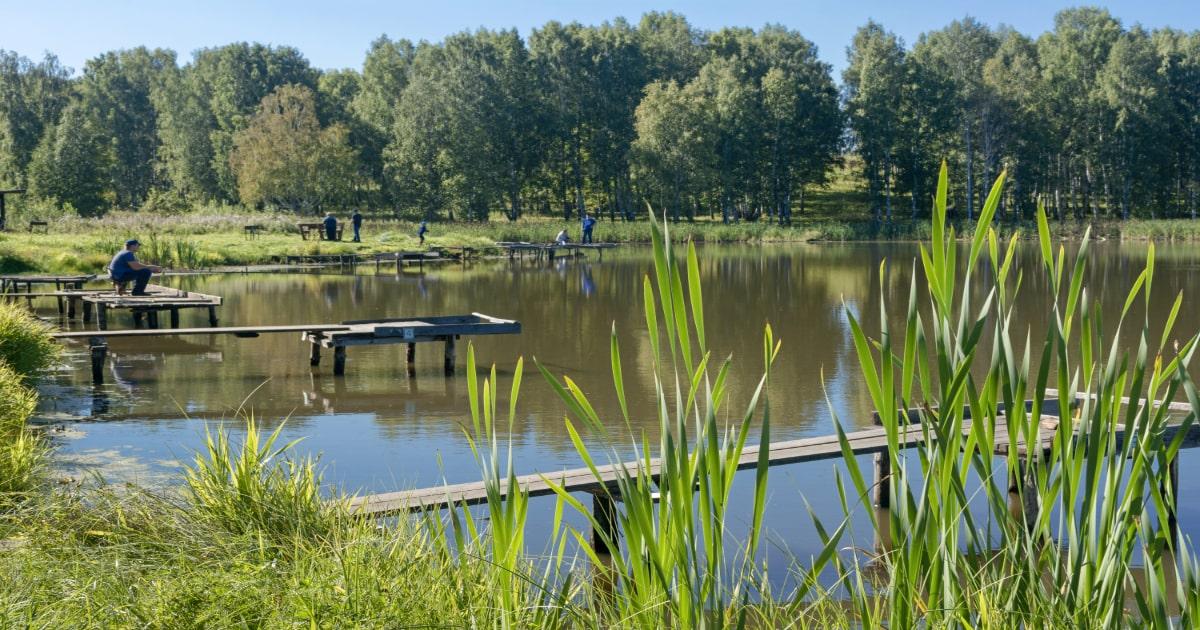
As you can probably expect, privately owned land does require a permit to fish – meaning it is legal, but it is quite difficult to attain one. There isn’t a lot of categories you need to fit into, but the process of getting the license can be quite time consuming.
You’ll require a rod license, which can be attained on the official government website. Presumably, you’re over 13 – but if not, then you won’t need one. It’s also worth getting one purely for the financial aspect.
Get caught using private land without a license, and you’ll face a fine of up to £2,500 – money that could instead be used as a huge contribution towards your survival cache.
There are two types of licenses available when it comes to staying on the right side of fishing laws in UK waterways.
The first is one that permits fishing for trout, coarse fish and eel, while the other also includes salmon and sea trout. This is more expensive, at around £80 per annum. Depending on which you choose, you can get multiple rods covered on one license. Find out more here.
In addition to one of the above licenses, you must have explicit consent to fish on that particular waterway. It shouldn’t be too difficult to catch the owner, as it’s likely a company that has a reception or online contact details if you are choosing to fish in a dedicated fish pond.
They should let you in as long as you have the aforementioned license whatever their individual rules are. Once you have this permit, or a day ticket, then you’re good to go. Happy casting!
Open Waterways
Streams, drains, waterways and rivers can’t be fished in the March to June timeframe mentioned earlier, but they are open season outside of that. However, it’s important you know the local bylaws, of which there are many around the UK. This also applies to enclosed waters. Find your local government’s rules and regulations here, courtesy of the official government website.
The Sea
Great news – fishing in the sea is a much simpler affair than any of its alternatives. Unfortunately, there’s a lot of areas throughout the UK where saltwater and freshwater meet, and different legal rights come into play.
If you’re fishing from clear markers that are signifying objective sea water, like piers, rock marks and beaches, then you’re good to go. However, if you’re fishing inland on a body of water that counts as sea, like rivers, then you’re going to need licensing.
There’s a very in-depth breakdown from the pros available here. Certain places are also only available during different times throughout the year, and this largely includes sea fishing. Depending on the season, you’ll be alright – and it’s often the times you’d most want to, such as late spring, summer and autumn.
Other Types of fish
On top of all that, you also have to factor in the types of fish that you’re looking to catch. Many species have legal protection – and if these rules are broken, then you’ll find yourself in legal jeopardy.
One good example of this is trout – because they’re large, you do require a freshwater license. However, as mentioned above, these aren’t very hard to attain.
Between round fish and flat fish, and other types of sea creatures, you need to be careful what you have, as different ones have different legal status.
A British staple favoured largely by Cockney diners, silver eels can be caught, but they must be returned by anglers back into the sea. They’re a protected species, meaning we can’t afford to compromise the numbers at all.
Laws around catching bass were put into place in 2016 – because like silver eels, they are experiencing numbers going down.
Summary
As you can see, fishing in the UK requires so much more than just a fishing rod, bait, and a lot of patience – there’s a number of things to stay on top of. Firstly, you’ll need to make sure you’re fishing in a time of year where you’re allowed to be.
It’s integral that you only fish for things you’re allowed to. It’s also essential to know where you’re fishing, and what you’re looking to catch.
With large fines, it’s always worth knowing – so please do the research before dipping your rod into the water during times of peace and safety. When SHTF, do whatever you can wherever you can to stay alive with tasty fish suppers.
